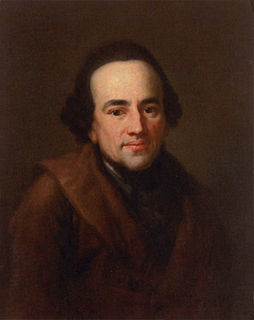A Quote by Noam Chomsky
One of the greatest dangers is secular religion - state worship.
Related Quotes
When the Chinese government tells its citizens that they can worship in a certain building on a certain day, but once they leave that building they must bow to the secular orthodoxy of the state, you have a cynical lie at work. They’ve substituted a toothless ‘freedom of worship’ for ‘freedom of religion’.
If I were a dictator, religion and state would be separate. I swear by my religion. I will die for it. But it is my personal affair. The state has nothing to do with it. The state would look after your secular welfare, health, communications, foreign relations, currency and so on, but not your or my religion. That is everybody's personal concern!
India was secular even when Muslims hadn't come here and Christians hadn't set foot on this soil. It is not as if India became secular after they came. They came with their own modes of worship, and they, too, were given a place of honor and respect. They had the freedom to worship God as per their wish and inclination.
America's founding fathers did not intend to take religion out of education. Many of the nation's greatest universities were founded by evangelists and religious leaders; but many of these have lost the founders concept and become secular institutions. Because of this attitude, secular education is stumbling and floundering.
I'm not against religion in the sense that I feel I can't tolerate it, but I think written into the rubric of religion is the certainty of its own truth. And since there are 6,000 religions currently on the face of the earth, they can't all be right. And only the secular spirit can guarantee those freedoms and it's the secular spirit that they contest.
Worship is yet another paradox of the religious life: it is simultaneously the greatest duty and the greatest pleasure of faith. Worship is the act of truly loving God. Believe in this brilliant Being, this magnificent "higher power," who not only created us but nurtures us with care and intelligence beyond our imagination, and obviously we are called to worship Him.
As you know, the separation of church and state is not subject to discussion or alteration. Under our Constitution no church or religion can be supported by the U.S. Government. We maintain freedom of religion so that an American can either worship in the church of his choice or choose to go to no church at all.
Now, we know this is what [H.P.] Lovecraft was into. Because he kept talking about how he wasn't interested in religion. In a heaven state there is no religion, meaning that you're seeing the whole thing ... I mean, to worship something means that it's something beyond you, right? In other words, it's not being revealed to you.
The First Amendment...does not say that in every respect there shall be a separation of Church and State....Otherwise the state and religion would be aliens to each other - hostile, suspicious, and even unfriendly....The state may not establish a 'religion of secularism' in the sense of affirmatively opposing or showing hostility to religion, thus preferring those who believe in no religion over those who do believe.
If a state political organization is founded in part upon a state religion with a dogma based on one or a few 'official' prophets, then shamanism, where every shaman is her or his own prophet, is dangerous to the state. [...] Shamanism, as I said, is not a religion. The spiritual experience usually becomes a religion after politics has entered into it.






































